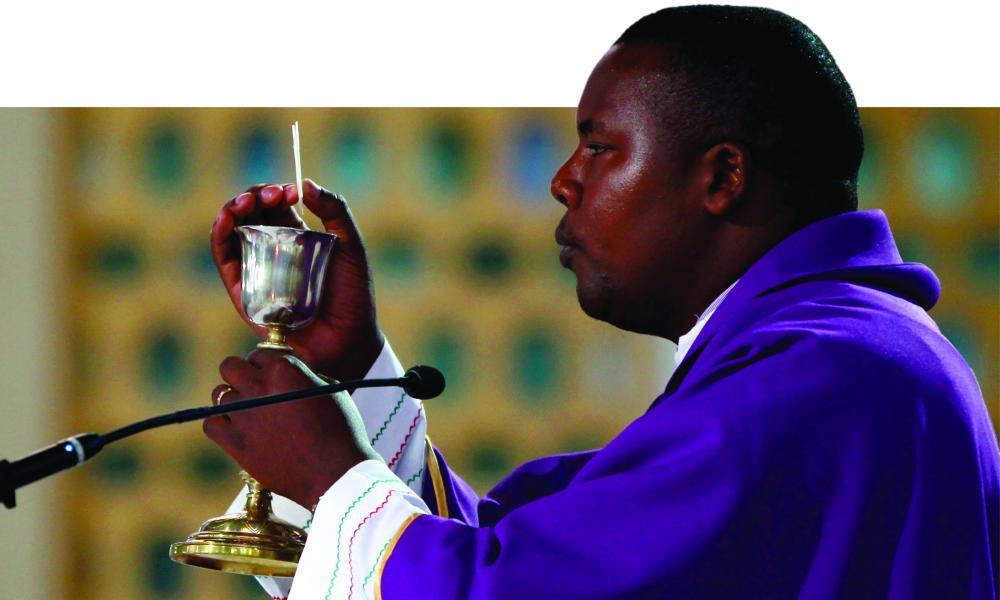
Sacraments - The Way God is Really Present to Us
The story of God and humanity is a story of God’s invitation for us to enter into the relationship with the divine. All we profess, celebrate, live and pray constitutes the response to the invitation to communion. This naturally and especially applies to our celebration of the sacraments for the whole liturgical life of the Church revolves around them.
What is a sacrament?
Specifically, a sacrament is an efficacious sign of grace. This is to say that a sacrament is capable of producing and conferring the grace that is promised. This is accomplished through the rite by which the Church celebrates a sacrament, which both signifies and makes present the graces proper to that sacrament.
The efficacy of each sacrament finds its source in Christ himself because it is actually Christ who baptizes, “who acts in his sacraments in order to communicate the grace that each sacrament signifies.” This is also why the Church teaches that the sacraments act “ex opere operato” (literally: ‘by the very fact of the action’s being performed’). For this reason, the sacrament is efficacious regardless of the personal holiness of either the celebrant or the recipient. However, the fruits of the sacraments do depend on the disposition of the one who receives them.
The seven sacraments
The Church, by the “power of the Holy Spirit who guides her ‘into all truth’” has discerned over time that there are seven sacraments instituted by Jesus Christ. The seven sacraments are baptism, confirmation or chrismation, Eucharist, penance, anointing of the sick, holy orders and matrimony.
The three sacraments of baptism, confirmation and holy orders, in particular, confer not only grace, but a “sacramental character or ‘seal’ by which the Christian shares in Christ’s priesthood and is made a member of the Church according to different states and functions.” This means that these three sacraments configure the one who receives them to Christ and to the Church in a manner that is “indelible.” The indelible nature of the configuration “remains forever in the Christian as a positive disposition for grace, a promise and guarantee of divine protection, and as a vocation to divine worship and to the service of the Church.” Thus, these three sacraments can never be repeated.
How important are the sacraments?
We have previously seen that the Father’s plan for the salvation of all humanity is accomplished through the paschal mystery of the Son and the subsequent gift of the Holy Spirit present and active in the Church, which is the “means and the goal of God’s plan” of communion. Likewise, we have noted that through the liturgy “Christ manifests, makes present, and communicates his work of salvation through the liturgy of his Church, ‘until he comes.’’’ However, it is through the sacraments that the divine life is dispensed to us – hence its importance and centrality to the life of the Church.
Further, the Church holds that the sacraments are necessary for the salvation of believers. Each sacrament confers the grace of the Holy Spirit who “heals and transforms those who receive him by conforming them to the Son of God. The fruit of the sacramental life is that the Spirit of adoption makes the faithful partakers in the divine nature by uniting them in a living union with the only Son, the Savior.” This fruit is both personal and ecclesial. For the individual, it is life for God in Christ Jesus. For the Church, it is “an increase in charity and in her mission of witness.”
– Quotes from the Catechism (1113-1134, and 1210) unless otherwise noted.
Doug Culp is the CAO and secretary for pastoral life for the Diocese of Lexington, Ky. He holds an MA in theology from Catholic Theological Union in Chicago.



